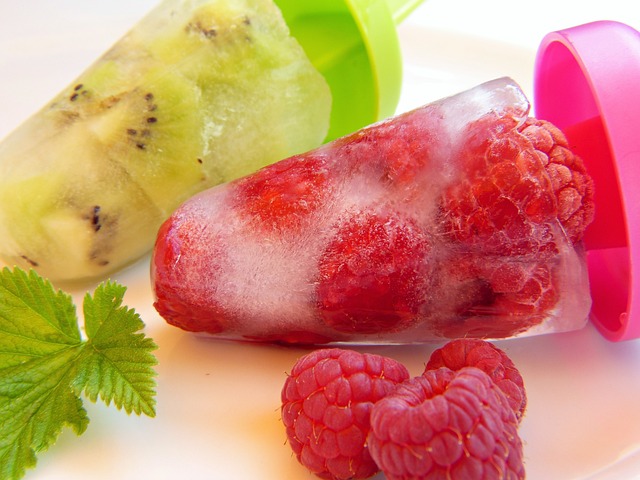A Closer Look at Prebiotics: The Vital Fuel that Nourishes Probiotic Superheroes
When it comes to gut health, probiotics are often hailed as the superheroes. They help maintain a balanced gut flora, boost our immune system, and promote overall well-being. But have you ever wondered how these superheroes thrive and survive in our bodies? The secret lies in prebiotics – the vital fuel that nourishes and supports the growth of probiotics.
What are Prebiotics?
Unlike probiotics, which are live bacteria and yeasts that provide health benefits, prebiotics are substances that promote the growth and activity of beneficial microorganisms, such as probiotics, in the gut. They act as food for these friendly bacteria and help them flourish.
Prebiotics are typically non-digestible fibers that pass through our digestive system without being broken down or absorbed. These fibers are selectively utilized by probiotics and provide them with the nutrients they need to survive and thrive.
Types of Prebiotics
There are several types of prebiotics, but the two most common ones are:
- Inulin: It is a type of soluble fiber found in many plants, such as chicory root, asparagus, and onions. Inulin has a creamy texture and is often added to food products as a prebiotic ingredient.
- Fructooligosaccharides (FOS): These are short-chain carbohydrates that naturally occur in fruits, vegetables, and grains. FOS is commonly used as a prebiotic supplement.
Health Benefits of Prebiotics
Consuming prebiotics can offer several health benefits:
- Promote Gut Health: Prebiotics help stimulate the growth and activity of beneficial bacteria in the gut, leading to a healthier gut microbiome.
- Enhance Immune Function: By supporting the growth of probiotics, prebiotics strengthen the immune system and help fight off harmful pathogens.
- Improve Digestive Health: Prebiotics aid in better digestion by promoting regular bowel movements and preventing constipation.
- Support Weight Management: Certain prebiotics, like inulin, can help control appetite and contribute to a healthy weight.
- Reduce Inflammation: The consumption of prebiotics has been associated with reducing inflammation in the gut and other parts of the body.
Sources of Prebiotics
While prebiotics are available as dietary supplements, it’s always best to obtain them from natural food sources:
- Whole Grains: Foods like oats, barley, and whole wheat are excellent sources of prebiotic fibers.
- Fruits: Bananas, apples, berries, and citrus fruits contain prebiotic fibers that support gut health.
- Vegetables: Artichokes, onions, garlic, leeks, asparagus, and tomatoes are rich in prebiotics.
- Legumes: Chickpeas, lentils, beans, and peas provide a good amount of prebiotic fibers.
- Nuts and Seeds: Almonds, flaxseeds, and chia seeds are not only rich in healthy fats but also contain prebiotics.
- Dairy Products: Certain dairy products, like yogurt and kefir, contain prebiotics along with probiotics.
Conclusion
To keep our gut superheroes, the probiotics, functioning at their best, it’s crucial to fuel them with prebiotics. By incorporating prebiotic-rich foods into our diets, we can support the growth of beneficial bacteria, improve our digestive health, boost our immune system, and enhance overall well-being. So, let’s give







